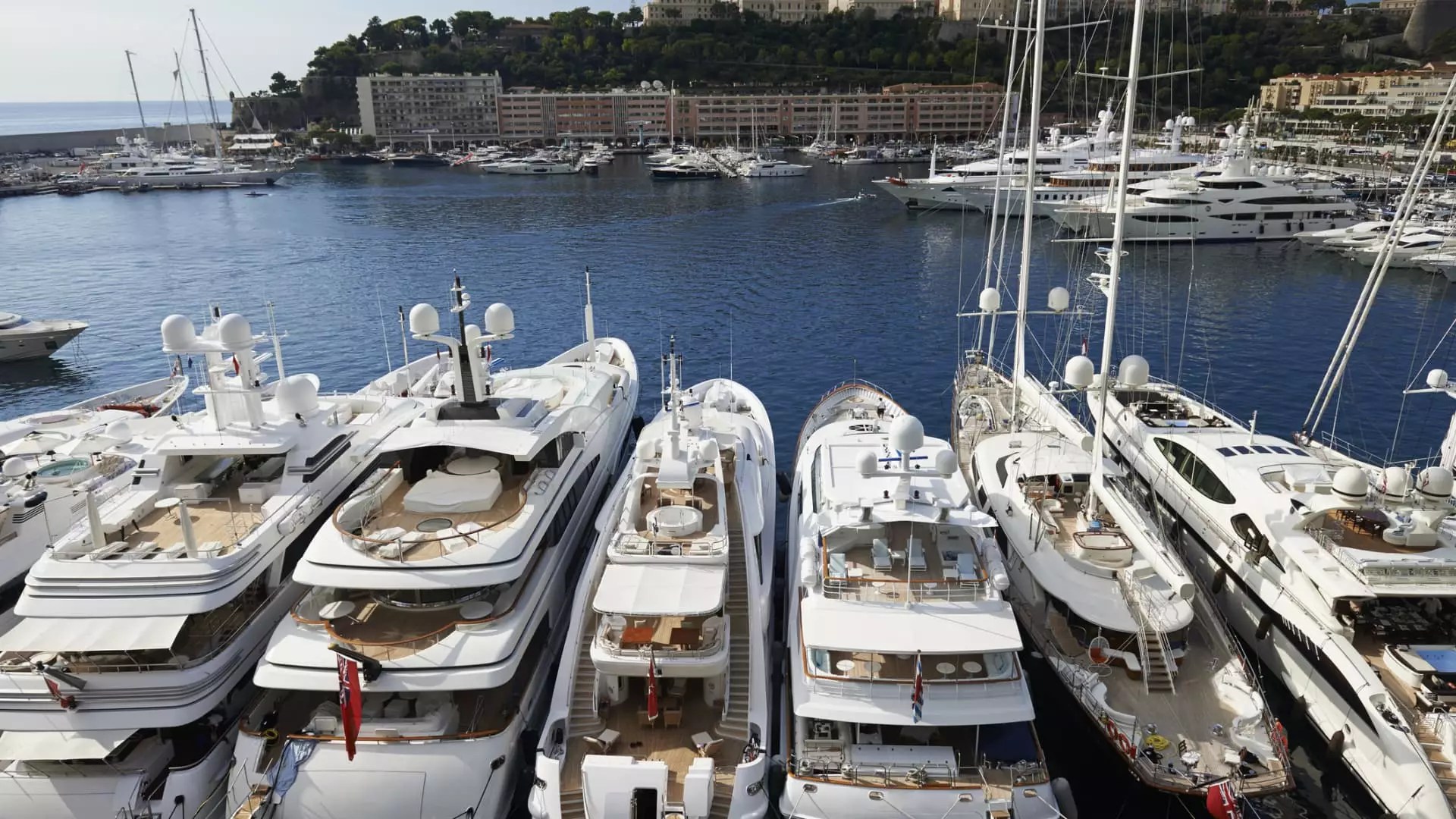Protectionist policies have a long history of undermining economic prosperity, and the recent move by the U.S. to impose a 15% tariff on European-made recreational boats and yachts marks a dangerous escalation. This tariff isn’t just a minor inconvenience; it threatens to reshape an industry built on exclusivity, craftsmanship, and global cooperation. European shipyards, which produce the lion’s share of high-end yachts destined for American buyers, now face the daunting prospect of reduced competitiveness. While the wealthy can generally absorb increased costs, the ripple effects of such tariffs threaten to distort market dynamics, favoring larger, more adaptable players, and leaving smaller European yards vulnerable or driven out of business.
The European Boating Industry has already voiced concerns, emphasizing that the U.S. market is crucial for their survival. The imposition of a 15% tax could be the catalyst for a profound restructuring, where American consumers may start seeking alternatives or resorting to evasive strategies. The impact extends beyond mere political posturing—it risks destabilizing a multi-billion dollar sector, leading to job losses and diminished innovation in Europe’s luxury yacht sector.
The Economic and Logistical Fallout
Though some consumers might shrug off a 15% increase on yachts costing tens or hundreds of millions, the real damage lies in the escalating costs and the strategic responses. Many buyers have already commissioned or planned builds, sometimes with years-long lead times. Suddenly, their investment is clouded by the uncertainty of how tariffs will be applied or whether they’ll need to pay additional duties upon import.
In response, some affluent owners are expected to leverage legal loopholes, particularly “foreign flagging.” By registering their yachts in jurisdictions like the Cayman Islands or Malta, owners can circumvent tariffs altogether, provided they adhere to strict regulations and cruise rules. This tactic, however, introduces new complexities—costs of registration, logistical hurdles, and regulatory compliance—and is primarily feasible for super-yachts rather than smaller craft.
The implications of such evasive maneuvers are profound: they not only threaten U.S. domestic yacht manufacturing but also potentially hollow out the local industry by diverting sales abroad. The shift in registration patterns might embolden a segment of the wealthy to permanently eschew U.S.-based purchase options, further deepening the divide between American and European yacht markets.
The Broader Economic Perspective and Industry Adaptation
Optimists might argue that these tariffs could pivot demand toward American yacht builders like Westport or Trinity, but this optimism neglects the scale and quality of European craftsmanship. U.S. yards historically have played a supportive role rather than a dominant one in the global luxury yacht scene. Most high-net-worth individuals seek European expertise, and the tariffs threaten to diminish that allure.
Moreover, a decline in the European export market could catalyze layoffs and stifle innovation at a time when the industry desperately needs to adapt to changing demands and sustainability concerns. The pre-owned yacht market, which experienced a COVID-induced surge, might temporarily benefit from higher domestic demand, but this is a Band-Aid solution rather than a sustainable strategy. The real danger lies in the erosion of Europe’s blue-water yacht building expertise, which has been cultivated over decades.
In addition, the increased costs for consumers—who are often uncompromising in their pursuit of luxury—will inevitably filter down through the pricing of yacht-related services, accessories, and ongoing maintenance. The ripple effects of protectionism are seldom contained; they distort market signals and create new barriers for wealth preservation and lifestyle investments.
The recent tariff move underscores a fundamental misjudgment—the belief that economic protectionism can benefit the US at the expense of global quality craftsmanship. Instead, it risks alienating an elite consumer base, incentivizing tax evasion, and destabilizing an industry that thrives on international collaboration. If the goal was to weaken European competitors or to create breathing room for American yachts, the strategy may backfire, as wealthy buyers are resourceful and motivated to protect their lifestyle investments.
The economic damage extends beyond the yacht market. It symbolizes a broader risk of retreating into protectionism amidst a globalized economy already strained by political tensions. The long-term consequences of such policies could diminish U.S. competitiveness in high-end manufacturing sectors, making the country less attractive for global elite investments. As the industry and economy grapple with these tariffs, one thing remains clear: protectionist policies often come with a high price tag—one that the American economy cannot afford to pay if it wants to maintain its stature on the world stage.


Leave a Reply